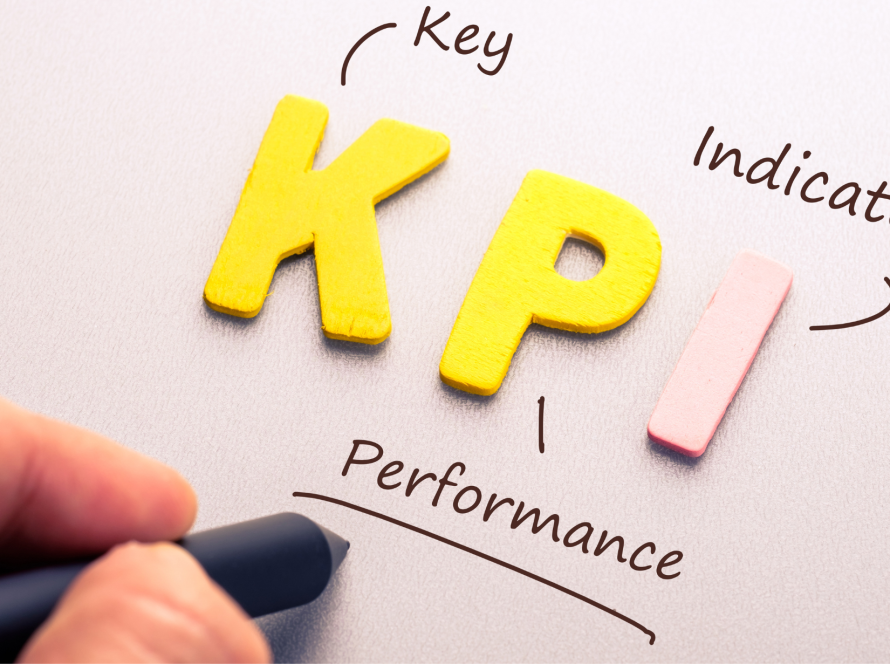Legal Compliance in Business: The Essential Guide to Operating Licenses
Operating licenses are pivotal for any legitimate business, acting as official permits issued by governmental bodies that allow businesses to operate within specific jurisdictions. These licenses are crucial in maintaining legal compliance and ensuring business operations are up to standard.
The Importance of Business Operating Licenses
Securing the appropriate licenses is vital not only for legal compliance but also for the protection they offer. Without these licenses, businesses risk penalties or even closure.
Ensuring Legal Compliance Through Proper Licensing
Operating licenses confirm that a business adheres to local, state, and federal regulations, crucial for avoiding legal issues and securing business rights. They also serve as documented evidence in legal disputes, demonstrating compliance and operational legitimacy.
Building Trust and Protecting Rights
An operating license enhances customer trust by signaling that a business is legitimate and compliant with business process consulting standards. It also protects the rights of the business owner in disputes, underscoring the importance of business scaling strategies.
Navigating Potential Legal Consequences
Unlicensed operations can face severe legal and financial consequences, varying from fines to criminal charges, highlighting the importance of financial reporting for SMBs and AI business advisors to maintain compliance.
Step-by-Step Guide to Securing Business Licenses
Research Required Licenses
Start by identifying the necessary licenses for your type of business, which varies by industry and location. Utilize online portals provided by local government websites to ascertain these requirements, essential for businesses seeking Bookkeeping Services in Miami.
Prepare Necessary Documents
Gather required documents such as personal identification, business plans, and proof of compliance with local zoning laws. This preparation is vital for a smooth licensing process, reflecting the core of business process consulting.
Submit License Applications
Fill out and submit applications accurately to avoid delays. Ensure all details are correct and pay any applicable fees, as these are crucial for processing.
Follow Up on Applications
Proactively track your application’s progress through online systems or direct contact with the issuing agency. This diligence is part of effective business scaling strategies.
Understand and Manage Costs
Anticipate the costs involved, including application and license fees, which are integral to financial planning in financial reporting for SMBs.
Manage License Renewal
Most licenses require regular renewal. Setting reminders for renewal dates is crucial to avoid penalties and ensure continuous legal compliance.
Maintaining and Managing Operating Licenses
Keeping operating licenses current is essential for continuous legal compliance and effective business operations. Regular updates and renewals are necessary to reflect changes in business operations or regulations, maintaining the business’s legal standing and competitive edge.

Takeaways and Action Items
Securing and maintaining business licenses is crucial for legitimacy, legal compliance, and operational success. Licenses confirm compliance with regulations, protecting businesses from legal consequences like fines or closure, and build customer trust, enhancing reputation and competitive advantage. The licensing process involves thorough research, careful document preparation, and diligent follow-up, highlighting the need to understand and navigate licensing complexities effectively.
Maintaining current operating licenses and compliance with evolving laws is vital for continuous business operations and safeguarding reputation. Businesses should manage licenses proactively by tracking renewals, staying informed of regulatory changes, and budgeting for related costs. This approach not only ensures legal compliance but also showcases a commitment to responsible practices, boosting confidence among customers, suppliers, and investors. Effective license management is crucial for a business’s legal integrity and operational stability, supporting its long-term growth.
| ✳️ Gather Initial Information ✳️ Utilize Online Resources ✳️ Consult Industry-Specific Regulations ✳️ Create a Comprehensive List and Verify | |
| ✳️ Organize Required Documentation ✳️ Complete Applications Carefully ✳️ Submit Applications and Pay Fees ✳️ Follow Up and Monitor Progress | |
| ✳️ Inventory Current Licenses ✳️ Set Up Reminder Systems ✳️ Review and Update Renewal Requirements ✳️ Initiate Renewals Well in Advance | |
| ✳️ Identify All Licensing Costs ✳️ Research Fees and Payment Schedules ✳️ Create a Licensing Cost Budget ✳️ Plan for Future Changes and Contingencies | |
| ✳️ Subscribe to Relevant Updates ✳️ Join Professional and Industry Associations ✳️ Regularly Review Official Sources ✳️ Consult with Legal or Regulatory Advisors |
FAQ
Get your FREE 8 Gears Assessment Score in 10 minutes!


